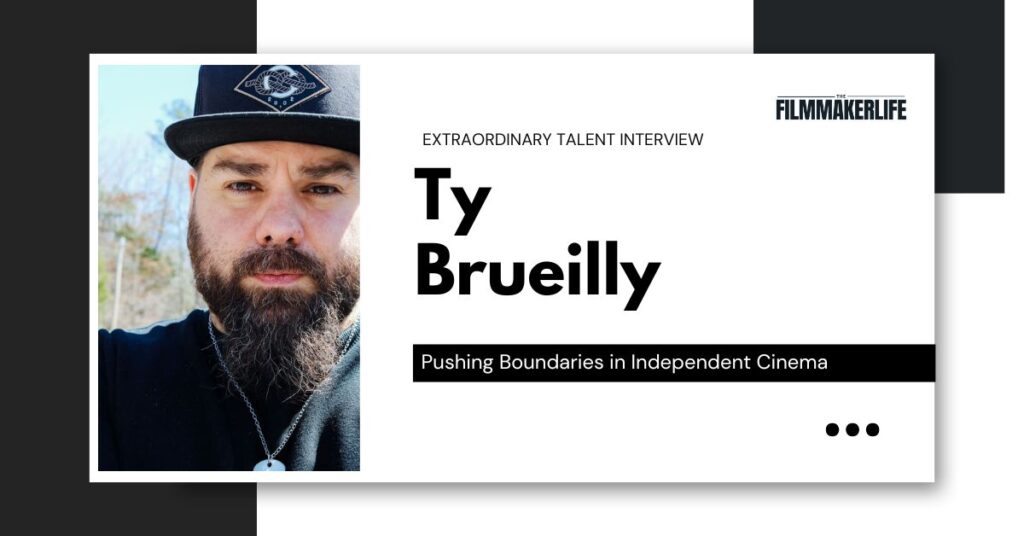
Ty Brueilly is an artist who refuses to be confined by traditional storytelling. Emerging from the independent music scene with international acclaim, Brueilly seamlessly transitioned into the world of cinema, crafting visually arresting and deeply symbolic narratives. His work, often experimental and provocative, delves into themes of addiction, vice, and human struggle, with a striking balance between artistic vision and raw emotion.
In this exclusive interview, Brueilly reflects on his artistic journey, the cultural experiences that have shaped his storytelling, and the evolution of his Shucks Cinematic World. With 7eventh 7irkle on the horizon, he continues to push the boundaries of independent cinema, proving that film is not just a medium—but a force for introspection and change.
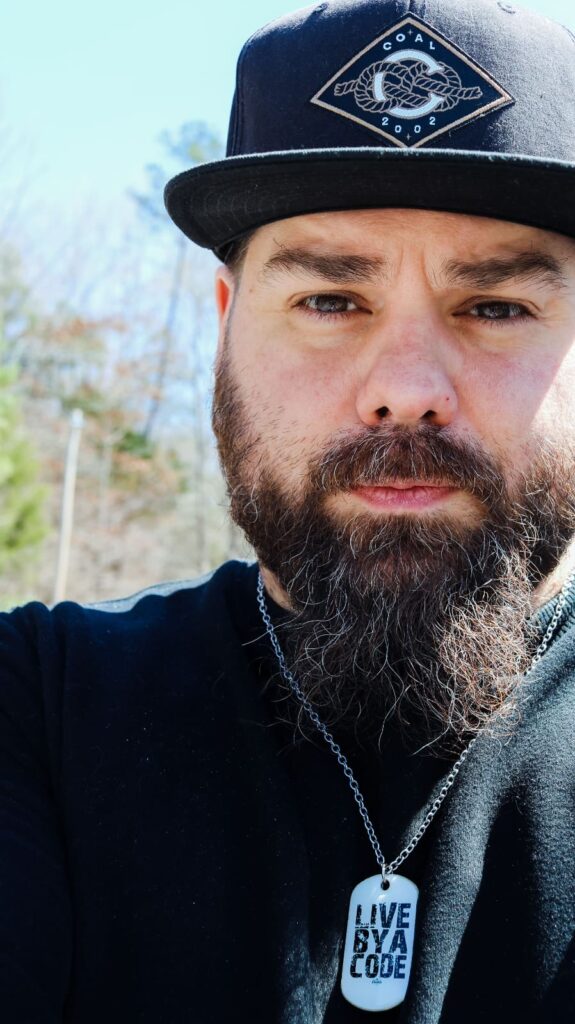
You’ve had a highly successful career in independent music before diving into film. What was the defining moment that made you realize cinema was the next creative frontier for you?
There are two distinct moments. One that made me realize this was next for me and the other years later that solidified it for me to be a creative mainstay. The first day we actually began filming for my debut, ‘Shucks’ made it evident that this was what I needed to pursue. I remember everything about that day. The feeling, the temperature, the smells of the location, everything. It was a family effort, super small crew, my wife, my cousin, myself and a friend of my cousins. I had written the story, the script and created a handful of characters in the weeks leading up to actual filming, and when I started seeing it all come together in front of my cameras, I was hooked, it was a whole different level of feelings, that was back in 2016. The second moment I mentioned was when I got a call in 2023 to have one of my films ‘A Night In Charlotte With Sweeney Ty’ show at the world famous TCL Chinese Theatres in Hollywood, I thought it was a scam, but when I did some research and talked more with the programmer I found out it was legit and the feeling that someone wanted my work on the big screen of one of the best cinemas in the world, it truly solidified that filmmaking was what I needed to focus on.
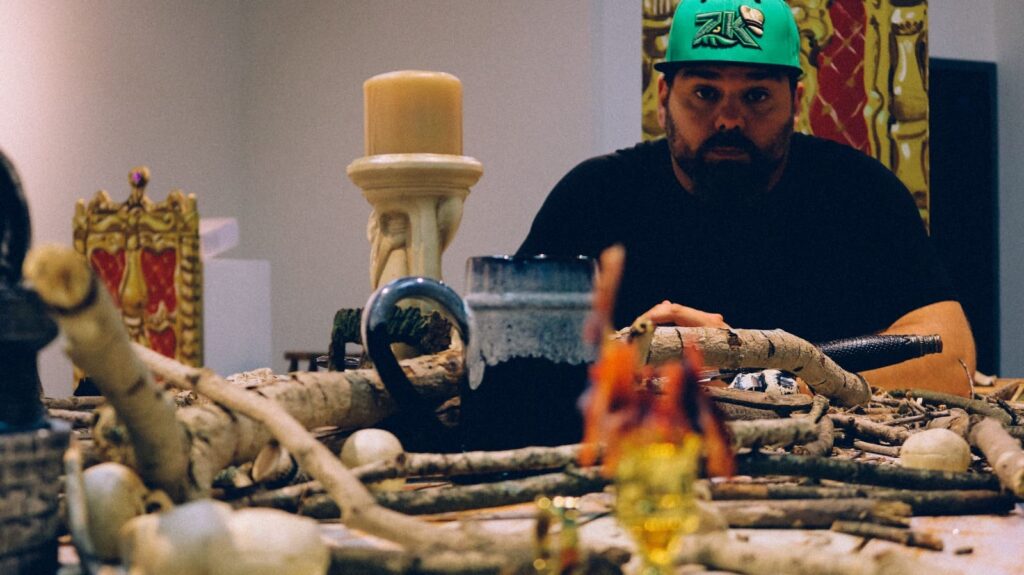
Your film Shucks uses silence as a bridge for cultural understanding. What was the most unexpected reaction you received from audiences, and did it change the way you approach storytelling?
The most unexpected reaction was on opening weekend in 2017 at the Sunset Theatre in Asheboro, the almost immediate correlation that most of the audiences made with some of my inspiring directors and films. I thought I would have to explain to most people what my influences were for my work, but I came to realize it was fairly evident, especially with the demographic who appreciates and is aware of the history and culture of film. Realizing that early helped me hone my approach and really enabled me to embrace the lore and characters I created and not be afraid to dive deeper into that instead of attempting to focus on the homage aspect.
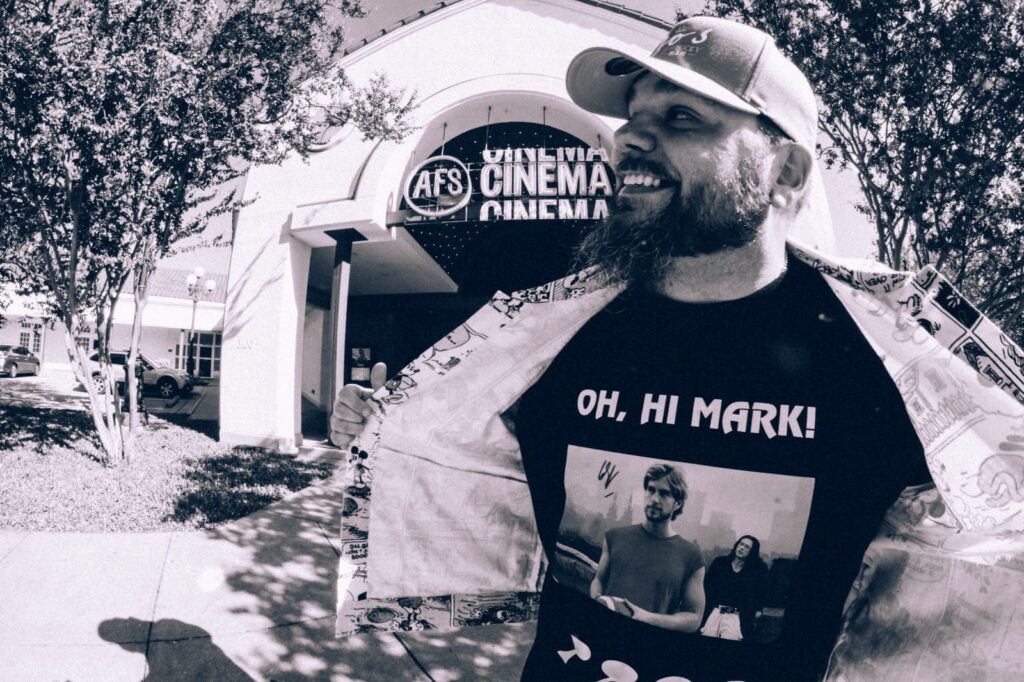
Dante’s Divine Comedy plays a role in shaping your cinematic world. What specific aspects of Inferno resonate with you most, and how do they manifest in your films?
The seventh circle in his Inferno segment. Canto XIII to be exact, where it focuses on self-harm and suicides. That’s where it all stems from. I really stepped into a personal and artistic enlightenment period in my late 20s. Stumbling across Dante was part of that, and the illustrations from Gustave Dore really helped me create a blueprint of the visuals I wanted to expand on. I began composing music way before even thinking about filming. I would open the book, see Dore’s art and make music from the feelings I got. Years later I used some of those compositions in the score of ‘Shucks’ because I didn’t want to lose that original inspiration.
It all manifests in very distinct ways in my films. Most rely heavy on the visual aspects, so you see lots of wings, bird-like creatures and trees, all deeply symbolic.
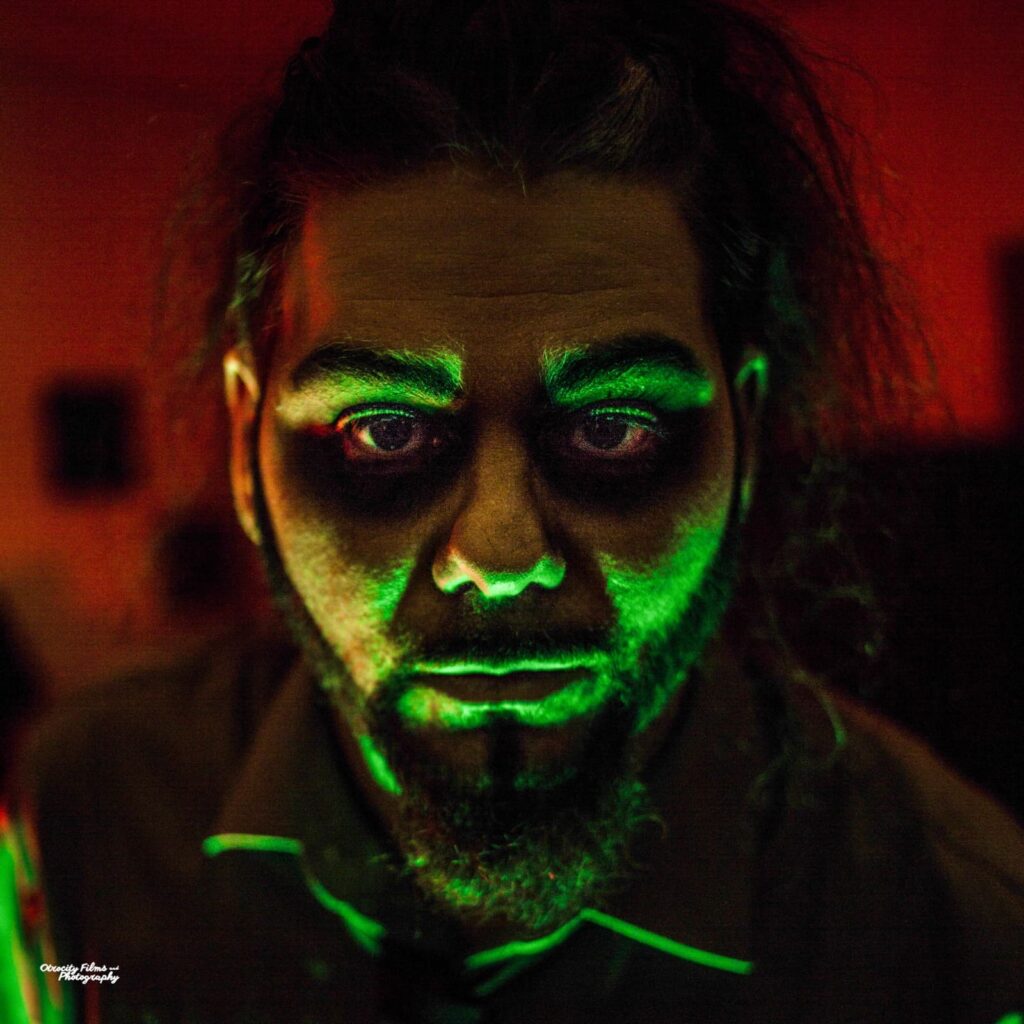
Your films explore addiction, vice, and human struggle in deeply symbolic ways. Do you find that audiences interpret your work differently than you intended, and if so, do you embrace those alternative readings?
Absolutely, many viewers have totally different interpretations to my films than those that I intended to portray. However, I embrace all those. I enjoy hearing how my art influences a person’s imagination and emotions, that’s the beauty and purpose of art in my opinion. I never tell them that they are wrong, and I never get upset at that or get discouraged.
Furthermore, if they want to know, I tell them the meaning that I had when making the films and creating the lore and characters in hopes it doesn’t deter them from their original feelings of the films. Each person deals with their own battles and if they can relate Steampunk Willie or Shucks battles to their own, I feel like that’s a win.
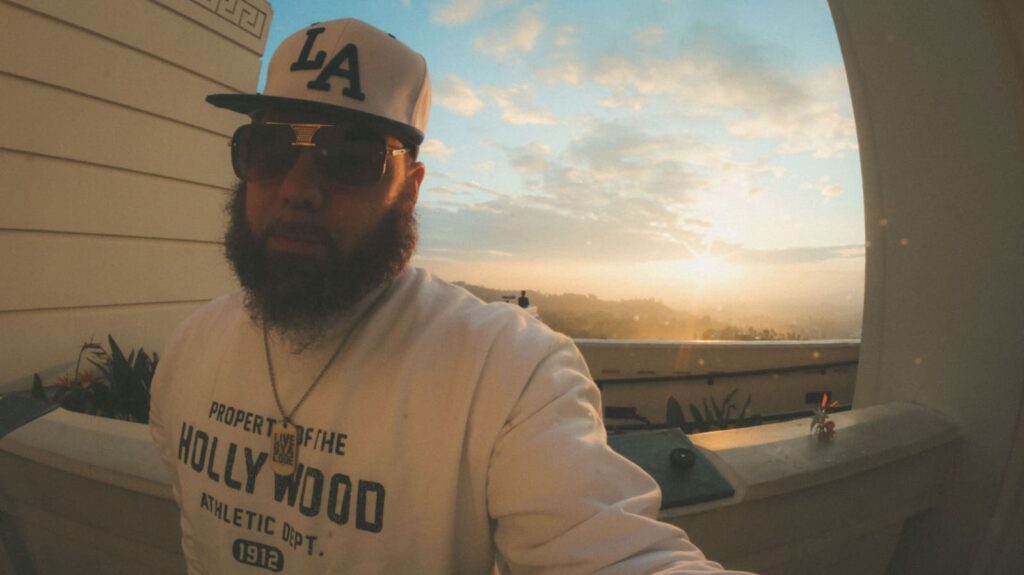
A Night In Charlotte With Sweeney Ty premiered at TCL Chinese Theatre, a landmark for mainstream cinema. How do you navigate the balance between experimental storytelling and reaching a broader audience?
It’s always with music. Music bridges that gap fairly easy, all the while complimenting it. Music is the great constant within the world, with film being a close second. Being a professional recording and performing artist for two decades taught me almost all I needed to know about the filmmaking world. If I wouldn’t have had that, I would still be struggling with that balance.
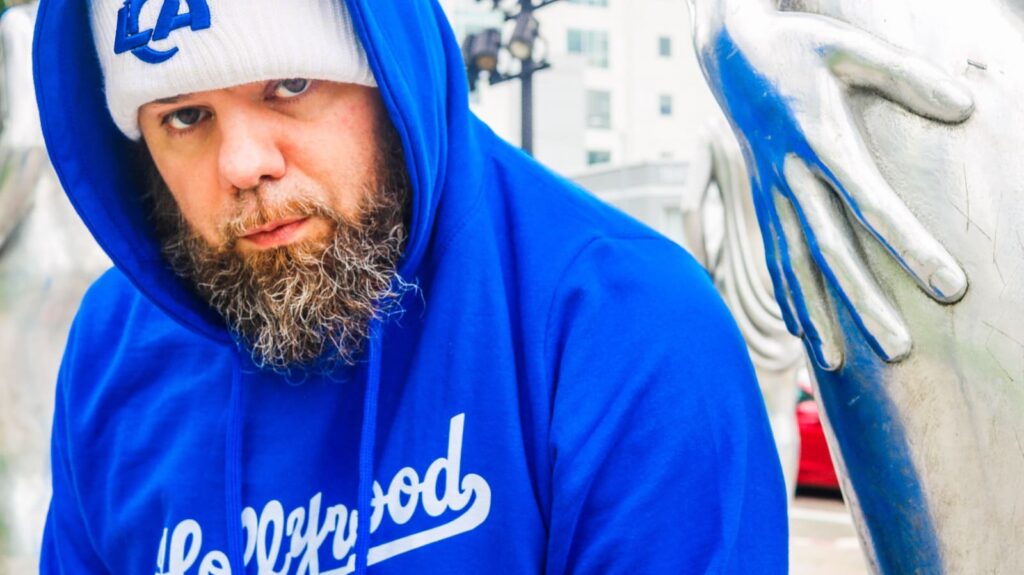
With 7eventh 7irkle in production, how do you see this universe evolving? Are there elements of horror, noir, or even silent-era influences that will take a new direction?
I keep on reluctantly extending the production time for 7eventh 7irkle. I feel like I need ONE more scene to finish it, but if I just got into the deep editing phase I think I would feel it’s enough.
When that does happen and I move to the next parts of this cinematic world, I see an evolution that could branch in many different ways depending on the reactions of 7eventh 7irkle. However the one thing I do know is that it will open up a sub-level circle of hell that is yet to be explored or known, of course I have the stories already, just need the application. I feel like the horror elements will remain, as well as the silent-era.
I’d like to really be able to dig into the background story of ‘Shucks’ because that is one of a profound nature, not just your average run of the mill Horror Icon.

You’ve cited figures like Kanye West, Rob Zombie, and Kubrick as inspirations. Is there a particular technique, aesthetic, or philosophy from any of them that you’ve integrated into your filmmaking?
The main philosophy I integrated with all three is/was their close working relationship with their wives and how they include them in the artistic process. In Zombie’s case, usually a leading role is given or made for Sheri Moon. I feel it’s very important for both the artistic endeavor and the personal relationship. You really get to see another level of a person when you are creating and working with them that’s totally different than the dates and the homelife. It can connect, inspire and unlock parts of you that you didn’t know existed, in turn enhancing the piece of art. That’s why I make it a point to include my wife as much as possible, which has gotten more difficult with our beautiful children.
The second integration is to keep pushing experimental and creative, more innovative and unique boundaries no matter what the public eye sees and media says. The public eye never sees the private lives. It’s all assumption, and some artists never break a character that they have, we never know it it’s real or all an act and we don’t have to know. For instance, to continue to create through the hate Zombie got from his Halloween efforts and Kanye with his off the wall rhetoric, is an inspiration. To be clear their determination creating the final artistic products is an inspiration, not their personal stances.
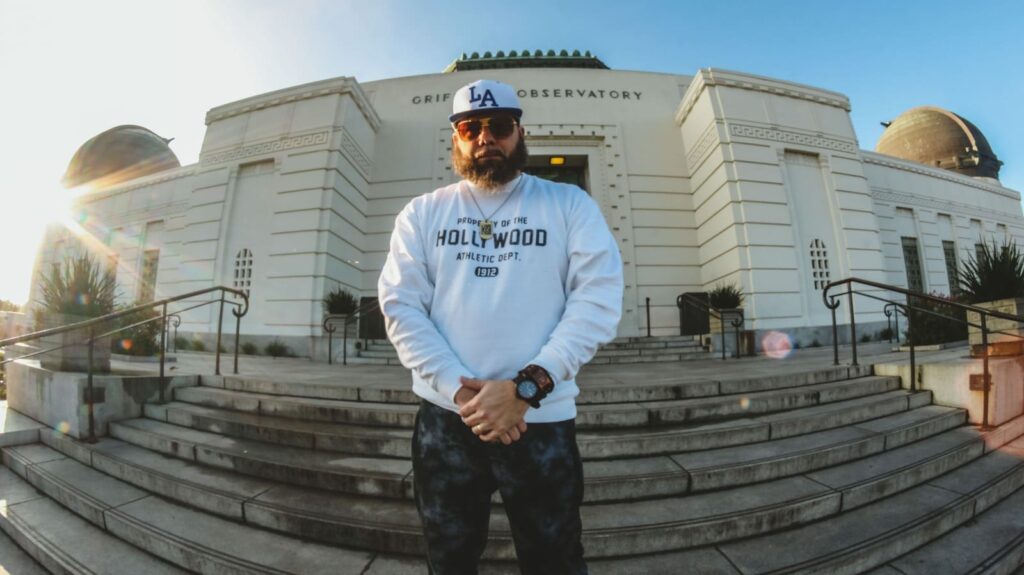
Living in Asia for nearly five years must have provided unique perspectives. How did that experience reshape your artistic vision, and do you see international themes continuing to weave into your work?
It certainly did provide just that. My first experience in China was 2004 and my final being in 2015. So I saw a whole lot in that decade of going back and forth, working and living. The culture shifted so much in both the USA and China that hindsight shows me the extent of the many different faces of Asia I was fortunate enough to witness first hand. I saw some really really poor villages and some insanely wealthy areas and people throughout extensive traveling and seeing how people live there was and still is a critical point in my artistic execution a true yin/yang.
In the first few days in 2004 I remember seeing a dead body on the sidewalk and people just walking past it, around it and over it. That image will never leave my mind, nor the sadness I felt. It wasn’t from violence either, it seemed to be from sickness or starvation. It was right near a bus stop by the canal in Suzhou, and that kind of way of living was constant for that area for my first few years, but by the time I left that whole street was like a cleaned up version of a mini New York City. I have a novels worth of stories that I hope to use in some way in the rest of what I create during my lifetime.
And of course I will use these international themes as long as I create, I have an eternal fondness of ‘Journey To The West’ and the lore and characters from that, which I would haven’t had if I didn’t get so familiar with that during my time in China. In the Shucks cinematic world I personally play the role of Sun WuKong, which will always be a mainstay in my works.
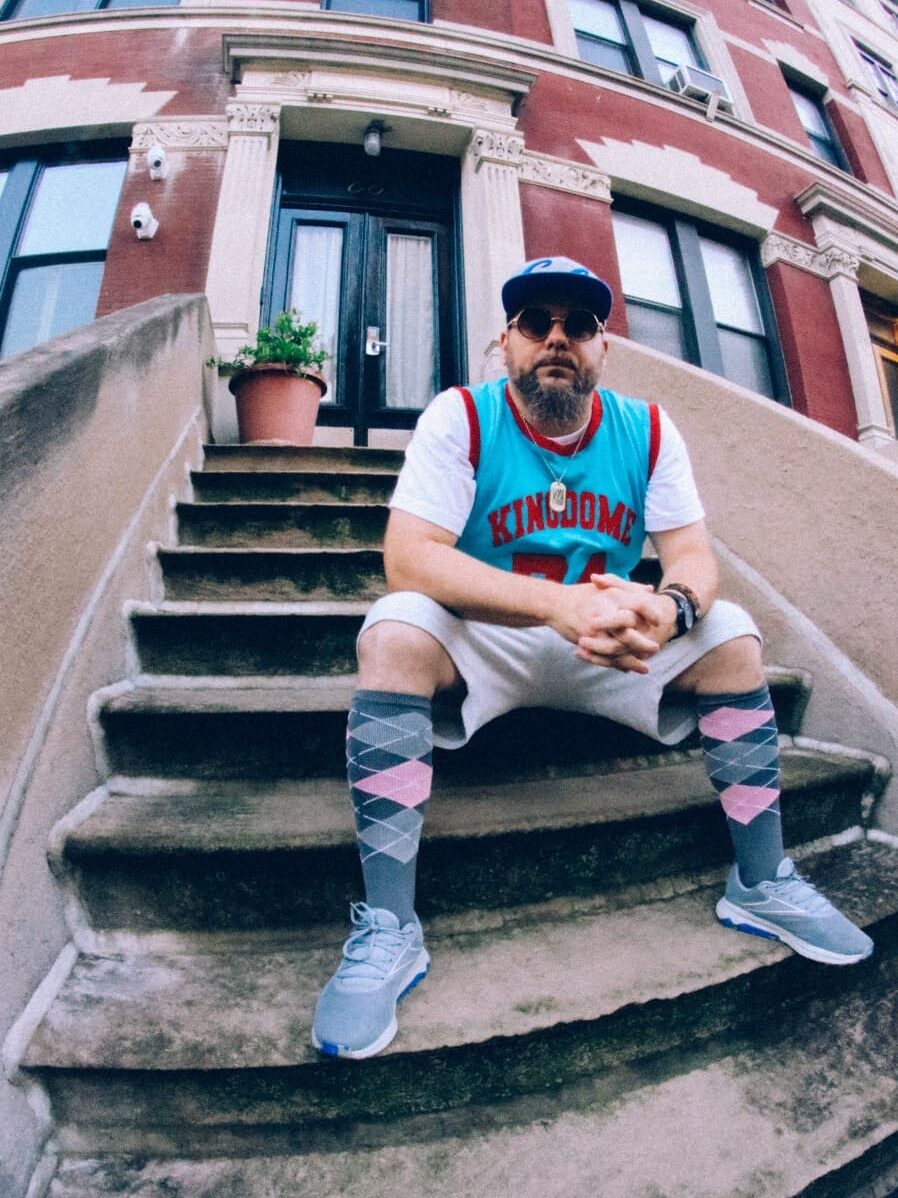
You’ve won awards across the globe, from Hollywood to Italy to Bollywood. Is there a particular festival moment that stood out to you—one that truly affirmed your place in the film industry?
The Oaxaca Film Festival in 2019. That was my first experience in an International Film Festival that I personally attended to represent my own work. It’s really difficult at times to feel a sense of belonging in the art world, especially being from Asheboro, which is a very small town in the middle of North Carolina, there is little to no support, respect or a home for what I do here. So going somewhere as beautiful and culturally rich as Oaxaca that personally asked for my work was incredible and critical for my advancement. I was devastated to hear that they no longer hold that festival, but very glad that I was a part of one of the final ones. However when the pandemic hit the world shortly after, I thought all that was over, so I was fortunate again to get a second chance at affirmation when I got that call in 2023 for the Golden State Film Festival in Los Angeles.
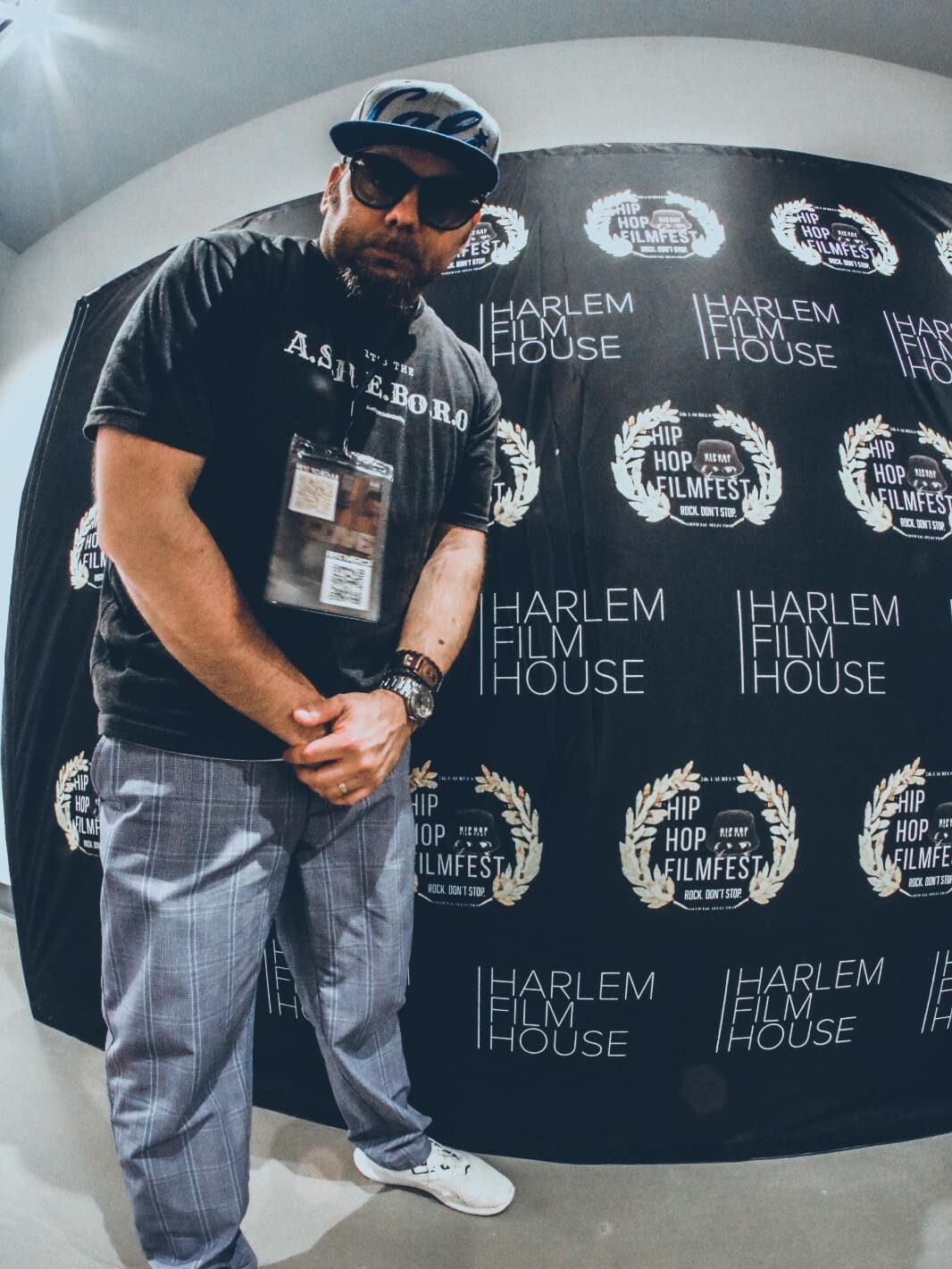
Your work brings awareness to addiction and vice in unconventional ways. What’s one misconception about addiction that you hope your films help dismantle, and what kind of impact do you aspire to have?
That addiction is a choice. It’s not. There is no debate with that but so many people want to do just that and place blame. Maybe that first hit or whatever was a choice, but many times even that wasn’t a person’s choice, instead it was pushed onto them, then the unbreakable cycle is set.
Addiction is in everyone’s lives, it doesn’t always revolve around heavy drugs. I’ve seen people addicted to the most random things, yet they don’t see it as that, but if you take internet away from people, we are going to have World War Z on our hands, that’s just one example.
In my film ‘Meng Hua Lu’ there’s a scene I shot of the demolition of a McDonald’s. People were outside crying as they tore it down, no lie screaming things like “God, Why?” if that isn’t addiction based behavior I don’t know what is. ‘Shucks’ was created and filmed as a coping mechanism for the death of my aunt who overdosed, the main actor, Austin Rich, my cousin/her son worked through his grief during the whole process, and I, in turn got more familiar with the feelings that come along with the loss of someone so close to addiction, I learned so much and I vowed to myself to help break the stigma that comes with addiction in my own ways.
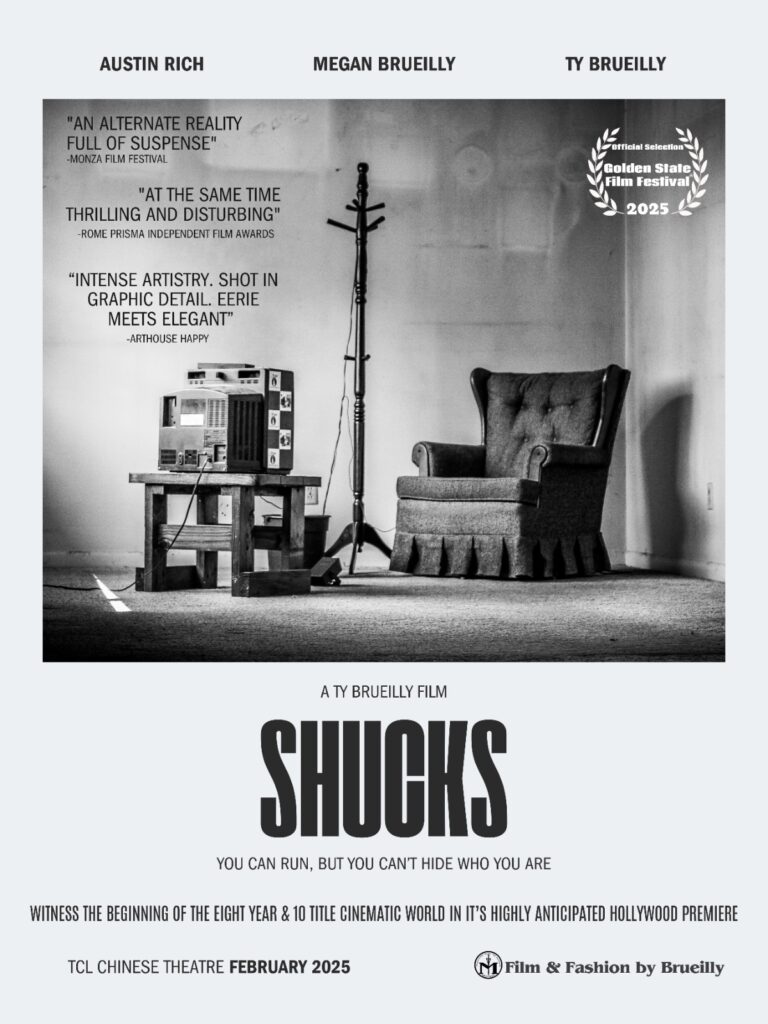

FilmmakerLife is proud to be a global team of dedicated professionals who are passionate about the world of filmmaking.